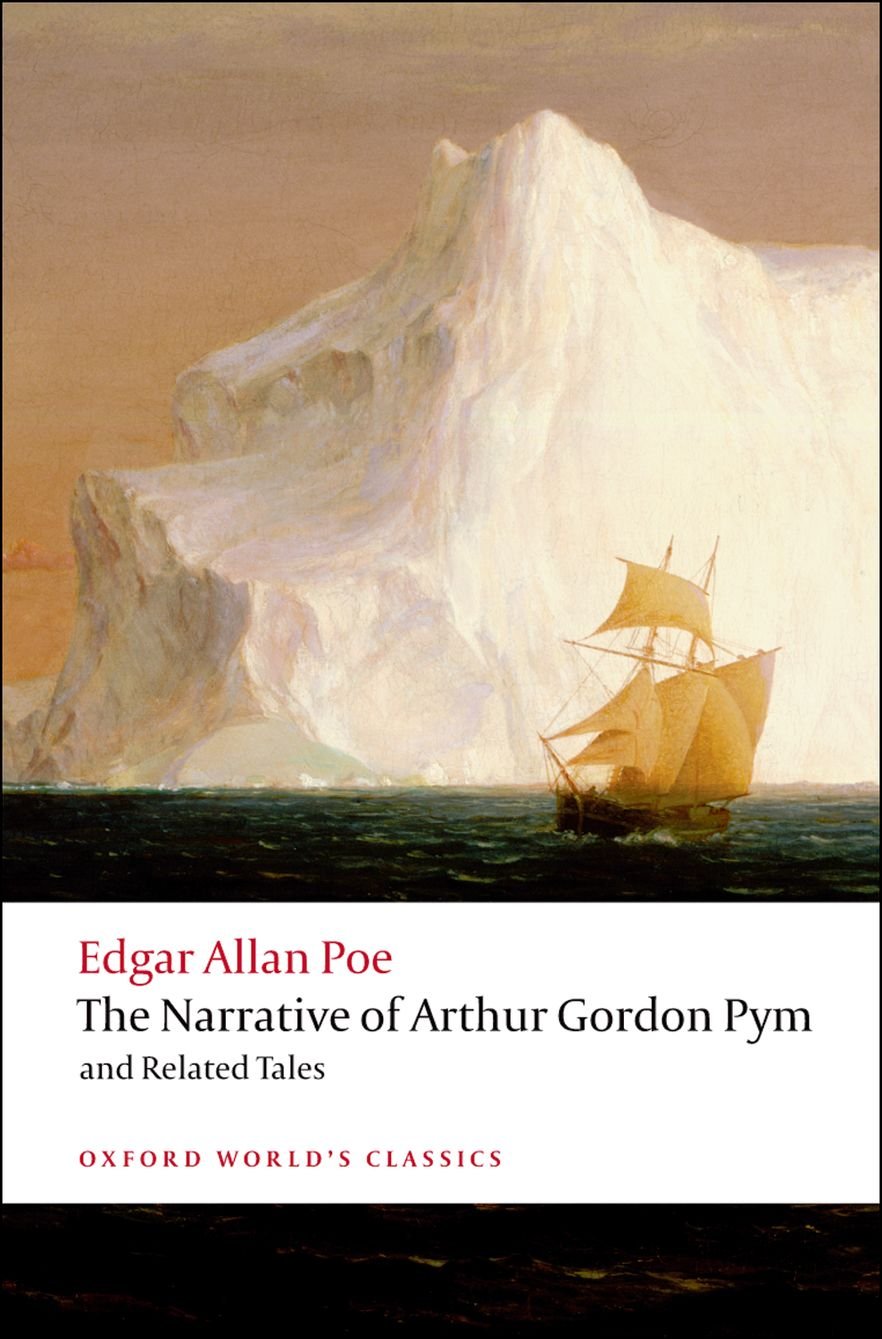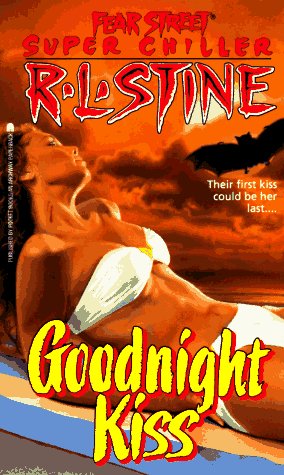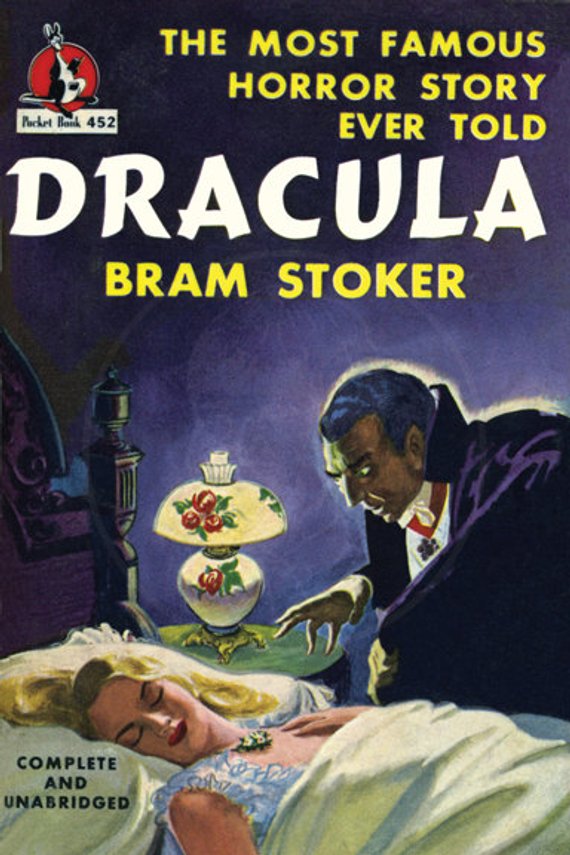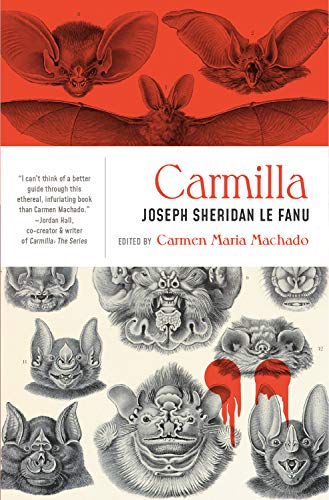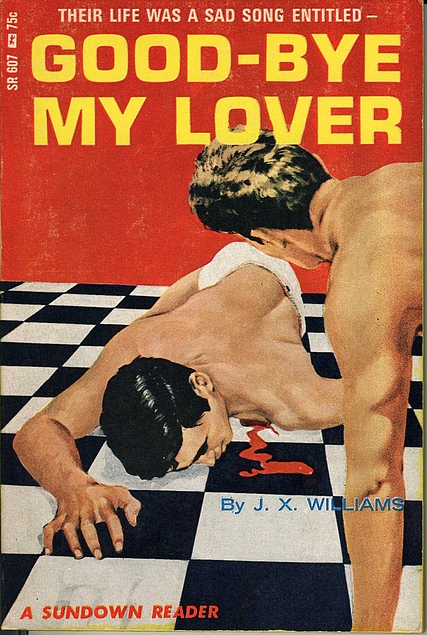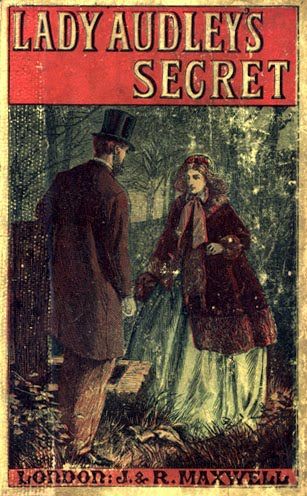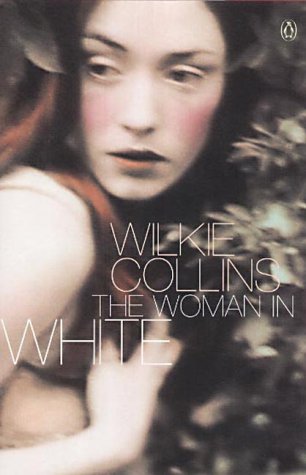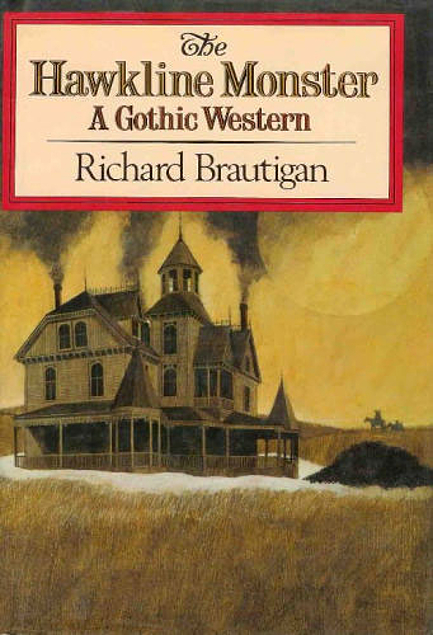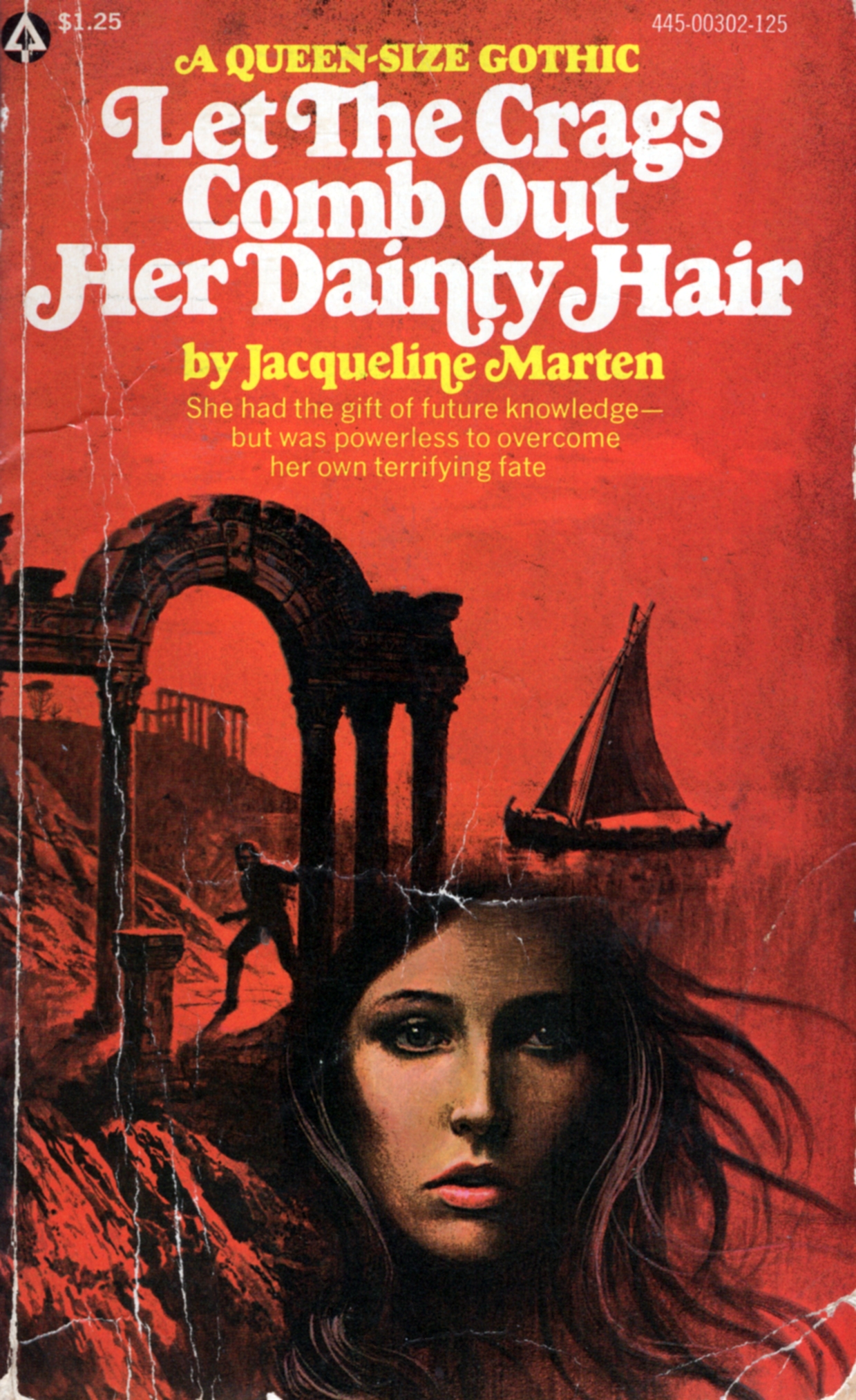
A dramatic title and foreboding cover set the tone for this multi-faceted, multi-regional Gothic romance. Set in the early 1800s, it begins as a coming-of-age story with Kynthia, our heroine, reaching womanhood in romantic Greece, land of gods and scholars. Her upbringing consists of sailing and sunshine, exquisite food and perhaps “too much” freedom for a young girl. All is pleasant until her mother grows ill and Kynthia discovers she can foresee the future. Her dreams—and nightmares—consistently come true.
Her most fearsome recurring nightmare involves being thrown off Mount Parnassus as an assailant utters the cruel words “Send her bounding down the cliff ledges, let the crags comb out her dainty hair!” These may or may not be the manic words of a villain, however, since they are also passages from the ancient Greek play Ion by Euripides. What does it all mean? Is her murder imminent?
Read more “Jacqueline Marten – Let the Crags Comb Out Her Dainty Hair (1975)”
